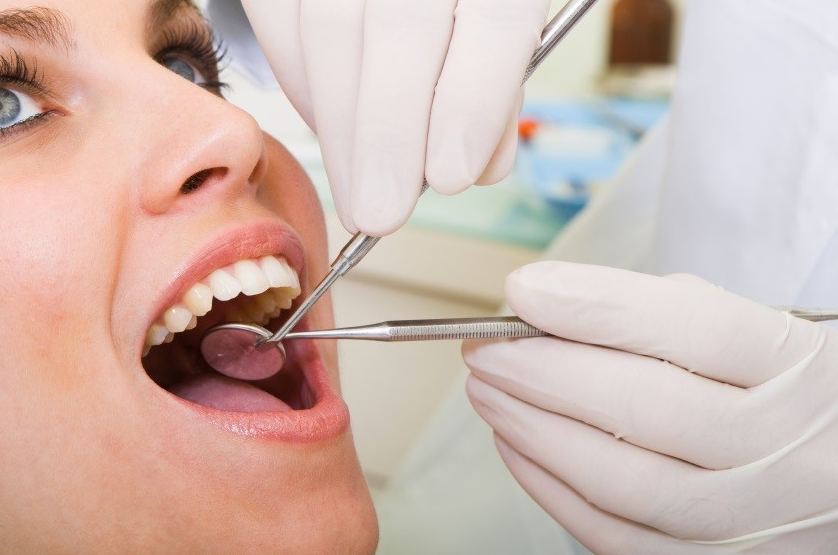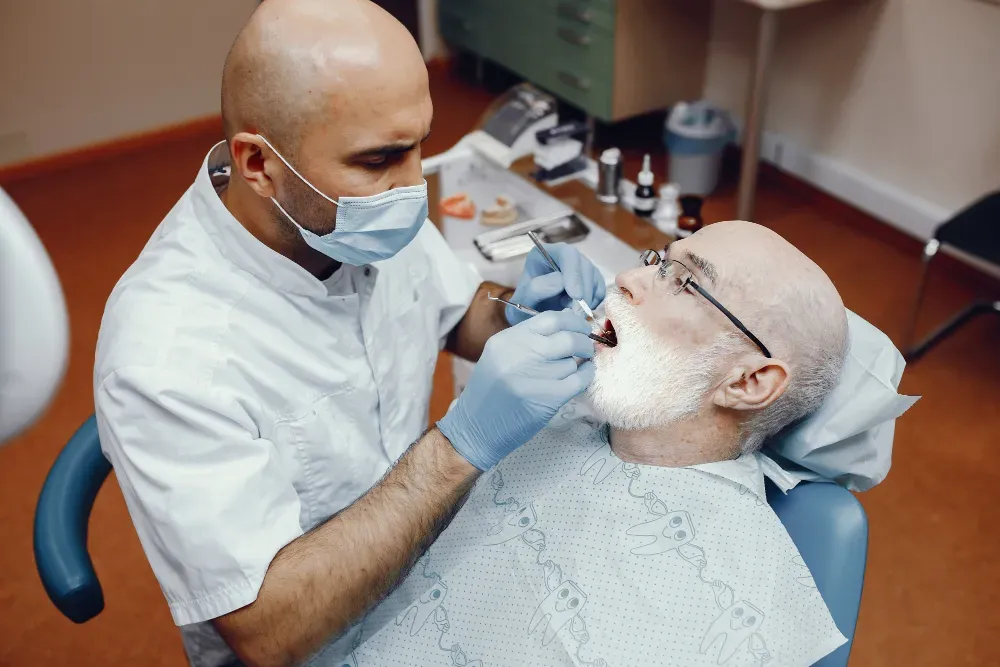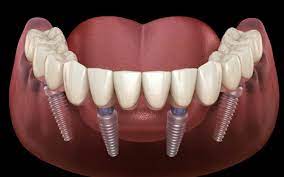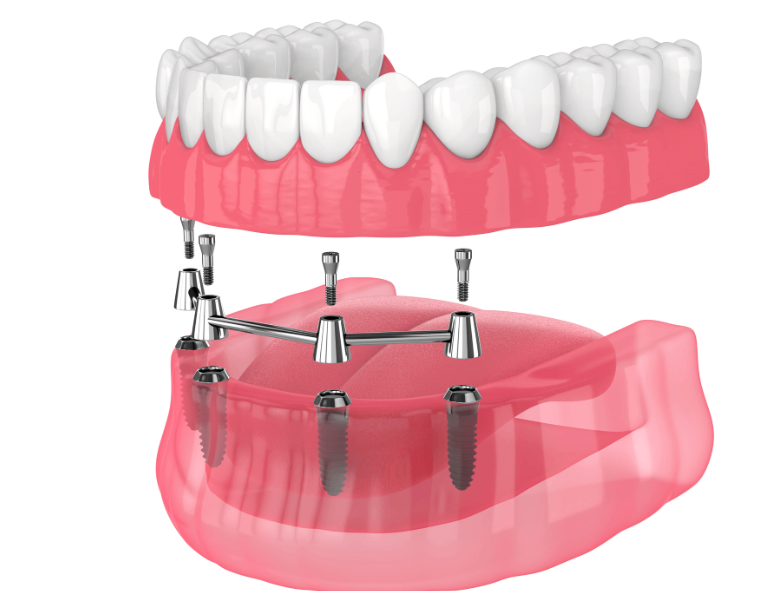Navigating Wisdom Tooth Extraction: A Comprehensive Guide
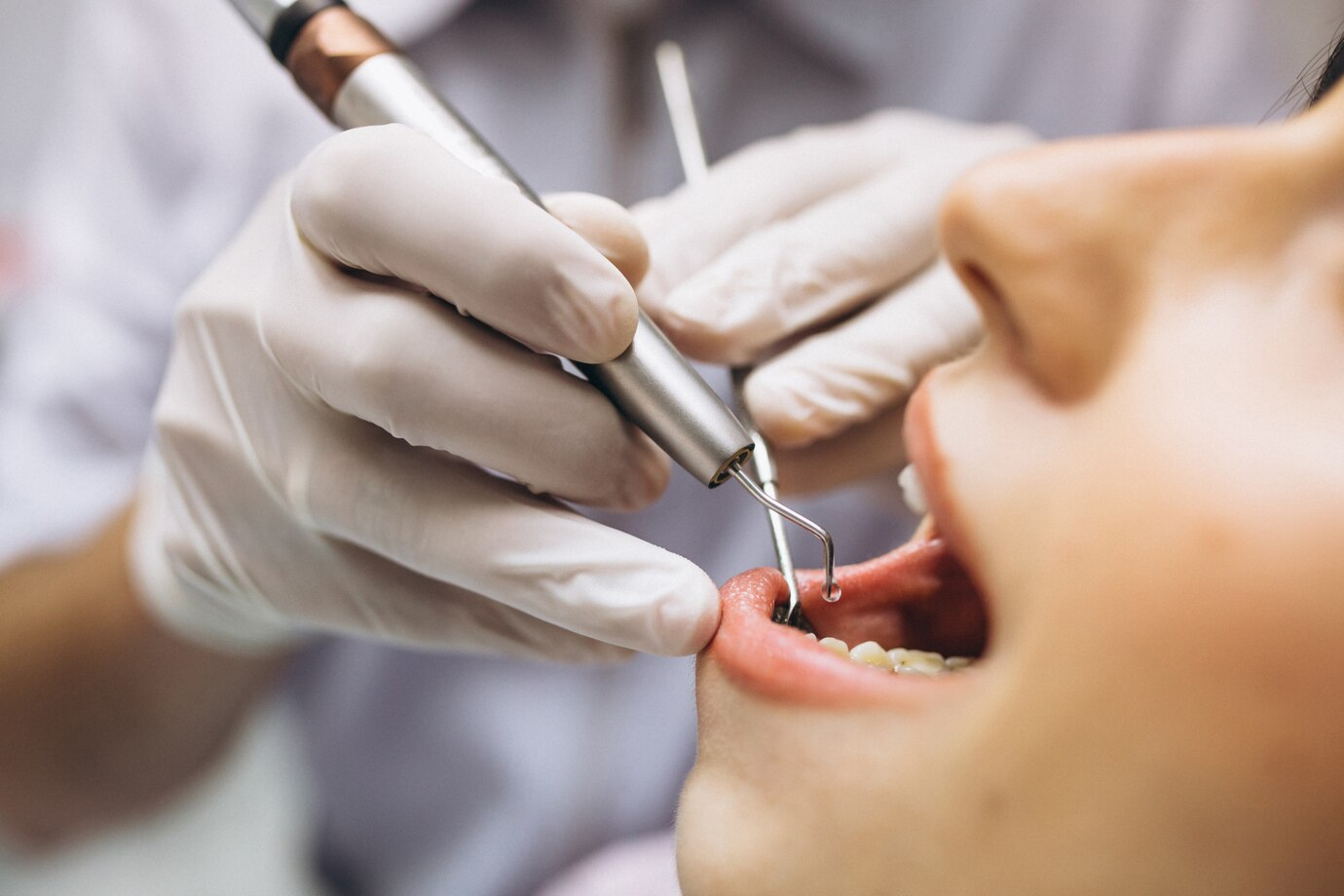
A wisdom tooth is the final set of molars that usually appears in young adults. Misalignment or pain commonly occurs due to lack of jaw space, often necessitating surgical removal for prevention of oral complications.
Wisdom tooth extraction becomes necessary when they cause discomfort, pain, or health issues such as decay, gum disease, cysts or tumours. Also, they’re often removed to prevent future dental problems or crowding of adjacent teeth.
The procedure of Wisdom tooth extraction
Wisdom tooth extraction is a surgical procedure done by a dentist or oral surgeon. Removing wisdom tooth involves numbing the area, making an incision in the gum, removing the tooth, and finally stitching the wound for recovery.
Importance of Oral hygiene after extraction
Maintaining oral hygiene after tooth extraction is vital to prevent complications like infections and dry sockets. Regularly rinsing with warm salt water and avoiding smoking or vigorous rinsing can promote healing and overall oral health.
Follow-up appointments and checkups
Follow-up appointments and checkups are crucial components of medical care as they monitor patients’ health progress or recurrence of sickness. They enable timely detection of potential health issues and adjustments to existing treatment plans, ensuring optimal health outcomes.
The necessity of wisdom teeth removal
Wisdom teeth removal is necessary to prevent overcrowding, misalignment of other teeth, and potential infections. Neglecting timely extraction can lead to painful complications, impacting overall oral health significantly. Hence, it’s crucial for dental well-being.
Expected duration for complete recovery
The expected duration for complete recovery varies depending on the nature and severity of the ailment. Various factors such as age, overall health, mental well-being, and quality of post-treatment care play significant roles in determining the recovery speed.
Risk of dry socket development
Dry socket development is a potential risk following tooth extractions, particularly wisdom teeth. It occurs when the blood clot protecting the extraction site dissipates, exposing the bone and nerves, and leading to severe pain and infection.
The danger of infection or bleeding
The danger of infection or bleeding is consequential, potentially leading to serious complications. Infections can advance to sepsis, while uncontrolled bleeding can cause shock. Both situations require immediate medical attention to mitigate life-threatening scenarios.
Possible nerve injury resulting from extraction
Extraction of teeth, if not performed accurately, can potentially result in nerve injury. This may cause numbness, tingling or even loss of sensation in the tongue, chin, cheeks, and lips, impacting the patient’s quality of life.
Correlation between wisdom tooth extraction and sinus complications
Wisdom tooth extraction can lead to sinus complications due to the proximity of upper wisdom teeth to the sinus cavity. Risks include sinus exposure during extraction, or ongoing sinus communication, leading to potential infections.
Conclusion
Wisdom tooth extraction is critical for preventing overcrowding, misalignment, pain, and potential infection. This surgical procedure keeps oral health optimal and prevents complications related to impacted wisdom teeth.
Patients must communicate openly with their dentist regarding individual concerns. Dentists are equipped to alleviate worries, provide solutions, and ensure optimal oral health. Remember, no concern is too small when it comes to your well-being.
Wisdom tooth extraction FAQs
How long does it take to recover from wisdom tooth removal?
Recovery from wisdom tooth removal typically spans a few days to a week. However, complete healing of the gums may take up to 4 weeks. Pain, swelling, and discomfort should steadily decrease after the first few days.
Is extracting wisdom teeth painful?
Extracting wisdom teeth can cause discomfort, but modern anaesthesia techniques make it a relatively painless procedure. Post-surgery, you might experience pain and swelling; however, it’s manageable with prescribed medication. Regular dental checks are crucial to assess wisdom teeth issues.
How long does it take for a wisdom tooth extraction to close?
Wisdom tooth extraction sites typically take about 2 weeks to heal. However, the underlying bone may take up to 8-10 weeks to fully heal. Factors like surgery complexity and post-operation care may affect healing time.
Why do experts now say not to remove your wisdom teeth?
Experts now advise against wisdom teeth removal unless necessary because unnecessary extractions can lead to risks such as infection, damage to other teeth, and nerve injury. Moreover, it is an invasive surgical procedure which requires recovery time.
